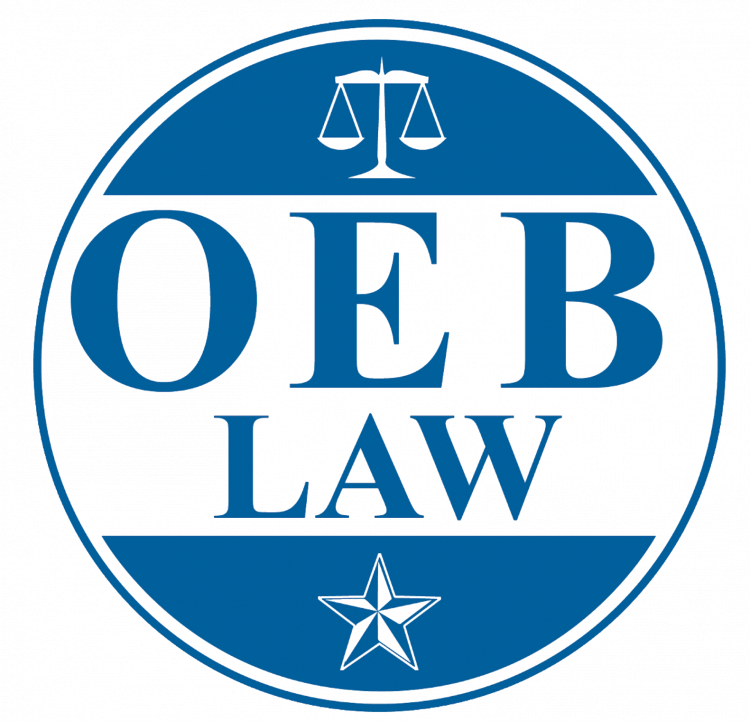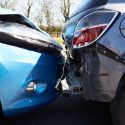When you suffer physical injuries in a car accident, recovering from the wreck takes top priority. However, the more serious your injuries, the longer you will have to take off from work. While you may have some paid sick leave available, what happens when you use up all of your days? What if you are self-employed and do not have a paid sick leave account?
Car crash victims can be compensated for lost income after a car accident. If you find yourself struggling financially while recovering from your injuries, OEB Law, PLLC, can help. Our attorneys will help you file a car accident claim for your monetary losses and hold the party who was at fault for the wreck responsible for your losses. You may file a claim for your lost wages in addition to your medical bills and pain and suffering. Call us today at 865-546-1111 to schedule a free, no-obligation consultation.
What Proof Do I Need to Show My Lost Income?
We recommend contacting your employer to obtain proof of your income either by providing copies of paycheck stubs or other documents that show:
- Your hourly or biweekly wages;
- The amount of income you lost since your accident;
- The amount of income you expect to lose; and
- Bonuses, commissions, overtime, or promotions you lost or expect to lose.
You can also obtain a written statement from your doctor detailing when your treatment began and when—or if—your doctor expects you to be able to return to work.
What If I Am Self-Employed?
Independent contractors, freelancers, and sole proprietors may find it more difficult to prove lost wages because they receive payment by the job or project and typically do not have paycheck stubs to show proof of income. However, you can show proof by obtaining:
- Copies of 1099 forms;
- Your previous year’s tax returns; or
- Any outstanding or paid invoices.
You may also use signed contracts promising future delivery of services that you cannot perform because of your injury. Documents detailing any work you were doing before the accident occurred—but now cannot complete—can also strengthen your claim.
How Can I Get Compensation From the At-Fault Driver?
If the at-fault driver has automobile insurance—which Tennessee requires all vehicle owners to have—we can file a claim on your behalf with the driver’s insurance company. Before filing a claim, however, we need to ask you for details about your accident and your injuries, such as:
- What type of injuries did you sustain?
- How long have you been off from work?
- How much longer does your doctor project you will be off from work?
- Do your injuries prevent you from working in the same capacity once you return to your job?
- How much damage did the accident do to your car?
These and other questions will help us determine the value of your claim.
What If the At-Fault Driver Does Not Have Car Insurance?
If you were in a crash with an uninsured driver, you can file a claim for compensation with your own auto insurance company—if you purchased Uninsured Motorist (UM) coverage. Tennessee law requires insurance companies to offer UM coverage, but policyholders can reject this in writing if they choose. UM covers lost wages, medical expenses, and pain and suffering.
Should I File a Lawsuit Instead of an Insurance Claim?
Prior to filing a lawsuit, we would first negotiate a claim with the at-fault driver’s insurance company. We will not only stand up to the auto insurer to get compensation for your lost income, but also for your medical bills, physical or occupational therapies, assistive medical devices, and other damages.
If the auto insurer refuses to budge from a low settlement offer or denies the compensation you deserve, we will file a lawsuit to get you payment for your lost income and other accident-related expenses.
How Long Do I Have to Take Legal Action?
In Tennessee, you have one year from the date of your car accident to claim injury. It takes time to gather evidence to develop a strong claim. That is why we recommend you contact one of our attorneys as soon as possible after your car crash. We stand ready to begin the claims process as soon as you decide to take legal action.
How Can I Speak to a Car Accident Lawyer About My Claim?
The car accident attorneys at OEB Law, PLLC, are ready to help you recover your lost income after a crash. We work on a contingency fee basis, which means you do not pay for our services unless we achieve a successful outcome for your case. Call us today at 865-546-1111 to schedule a complimentary legal consultation to learn more about how we can help you.






